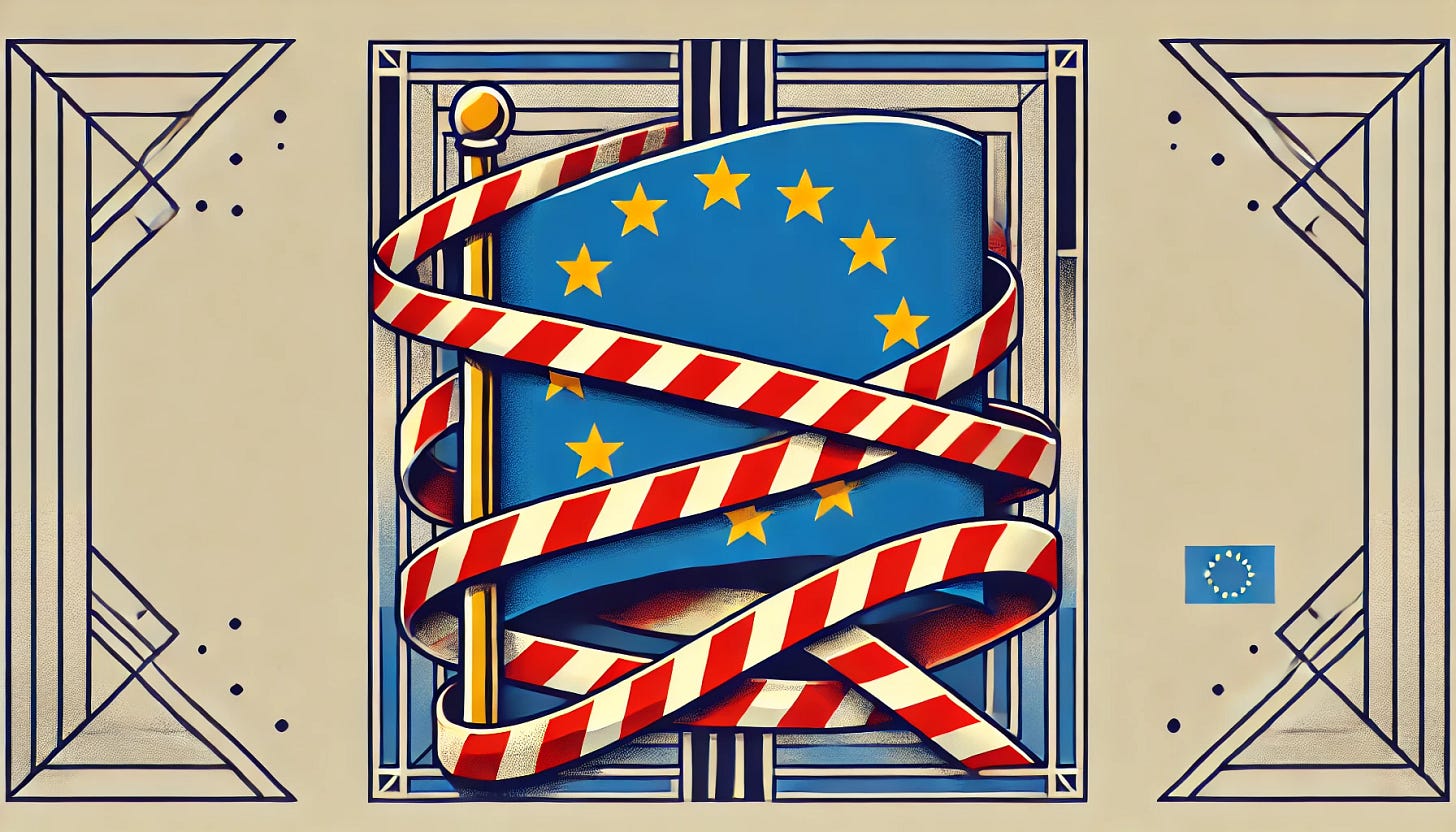The General Data Protection Regulation (GDPR) has been one of the most famous flagship EU regulations.
It promised to protect the data of EU citizens and set the global standard for privacy and data protection. 🇪🇺💪
But what has been actually its impact?
Here is a quick breakdown and a haunting question:
Benefits ✅:
Consumers are actually exercising their right to opt out of data collection 💪
ΕU firms reduce both their data storage and data processing 💾
Websites seem to have reduced data sharing after GDPR ♻️
Drawbacks ❌:
EU venture deals fell by 26% after the GDPR enforcement deadline 🤯
Competition has been affected to the benefit of big companies as they are more likely to get consumer consent to use data compared to smaller firms 🛍️
Innovation seems to have been hampered according to 35% of firms 🤕
Website traffic has been reduced ⬇️
Marketing costs have increased, hindering EU firms from building markets compared to US companies 💸
Fragmentation and bureaucracy increased as EU firms need to comply with different implementation standards in each EU country 💔
The real problem - lack legislative scrutiny 🤔?
Arguably the biggest problem with GDPR is not its effect but the lack of assessment regarding its impact.
In the absence of an effective political society one of the most important EU regulations has not been systematically scrutinised. In fact, most of the research about GDPR comes from top US universities.
If we want good laws, we need more direct political accountability of European bureaucracies.
And this might only happen by reducing the distance between EU institutional decision making and the vote of its people.
Source: Garrett Johnson, “Economic research on privacy regulation: Lessons from the GDPR and beyond”, National Bureau of Economic Research, 2022













